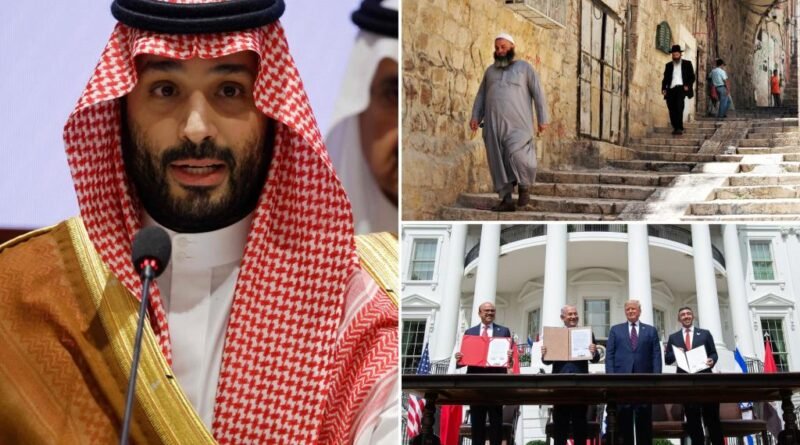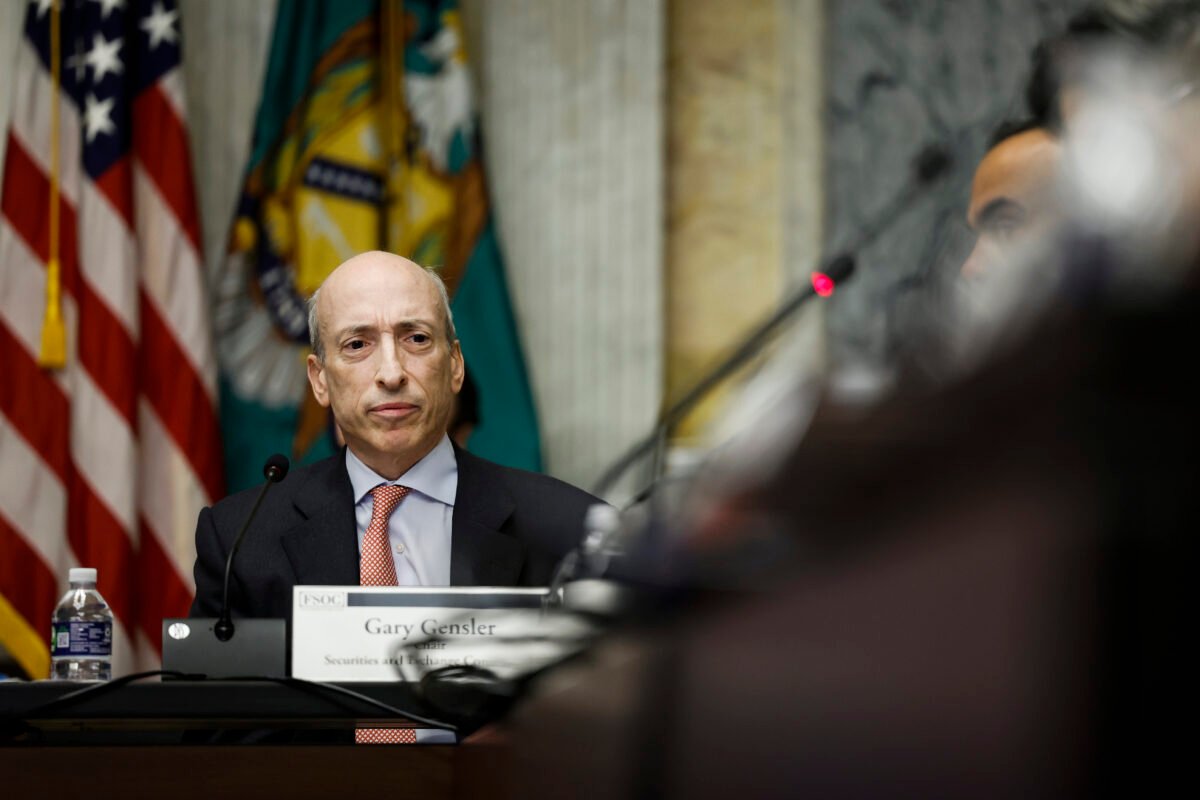Amid the ongoing conflict in Gaza, signs of peace emerge between Israel and Hamas

Five weeks after Hamas’ brutal incursion into Israel, the resulting violence could easily metastasize into a region-wide conflict.
But beyond the immediate war, what did Hamas hope to achieve on Oct. 7?
One goal, we are told, was to prevent the expansion of the Abraham Accords and the normalization of relations between Israel and Saudi Arabia.
Without a doubt, the Accords — which established diplomatic recognition between Israel and Bahrain, Sudan, Morocco, and the United Arab Emirates — did little to resolve the Israel-Palestine conflict.
But as we’ve witnessed firsthand, the Accords have transformed regional economics while promoting robust people-to-people exchanges, including our own Abrahamic Programs at the University of Connecticut.
Established in 2016 — four years before the Abraham Accords — our model for academic cooperation demonstrates the potential for regional economic and political integration.
According to the Abraham Accords Peace Institute (AAPI), trade, tourism, and bilateral investment have increased significantly between Israel and the Abraham Accords countries since their signing in September 2020.
Indeed, total trade between Israel and Accords nations reached $3.47 billion in 2022, up from $1.905 billion in 2021 and $593 million in 2019, according to the AAPI’s 2022 annual report.
Despite the intensification of the Israel-Hamas war, reports in both Western and Arab media suggest that Saudi Arabia remains interested in normalization with Israel.
Last week, for instance, the Saudis joined Abraham Accords countries (the UAE, Bahrain, and Morocco) in blocking anti-Israel measures at the Arab League and Organization of Islamic Cooperation (OIC) emergency summit in Riyadh on November 11th.
Meanwhile, the UAE — which is home to the multi-faith Abrahamic Family House in Abu Dhabi — continues to tout peaceful coexistence and economic integration.
In an interview conducted by the European Jewish Association (EJA) following the start of the Israel-Hamas war, Dr. Ali Rashid Al Nuaimi, chairman of the Defense, Interior, and Foreign Affairs Committee of the UAE Federal Council, asserted: “The Accords are our future. It is not an agreement between two governments, but a platform that we believe should transform the region where everyone will enjoy security, stability, and prosperity.”
At a moment when college campuses are drowning in the politics of difference, the University of Connecticut is leaning into dialogue, diversity of thought, and peaceful coexistence.
We will continue to plant Abrahamic seeds and celebrate our common humanity.
Dr. Sercan Canbolat is the director of Abrahamic Programs at The University of Connecticut; Professor Daniel Weiner is vice president for Global Affairs at The University of Connecticut




